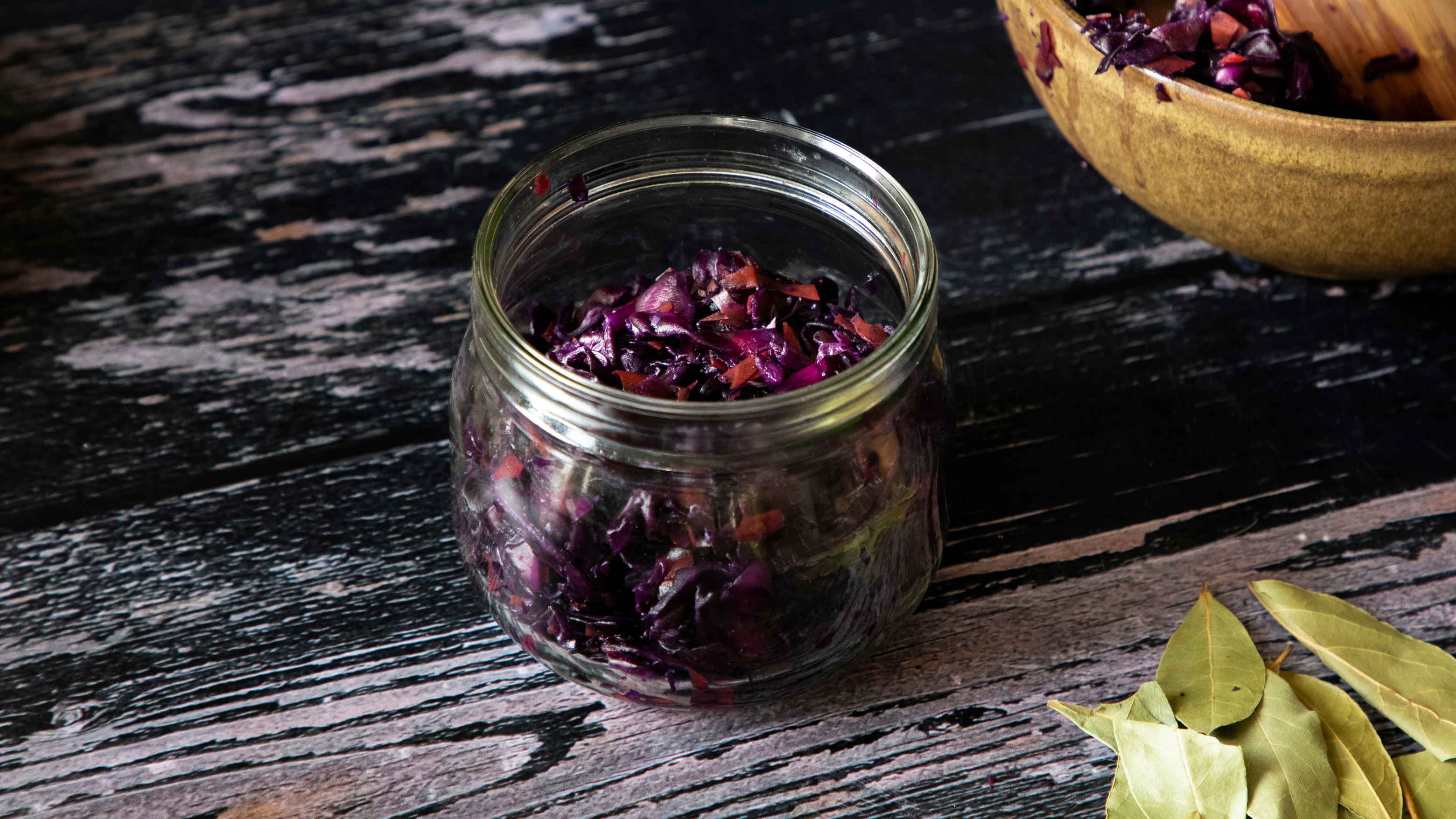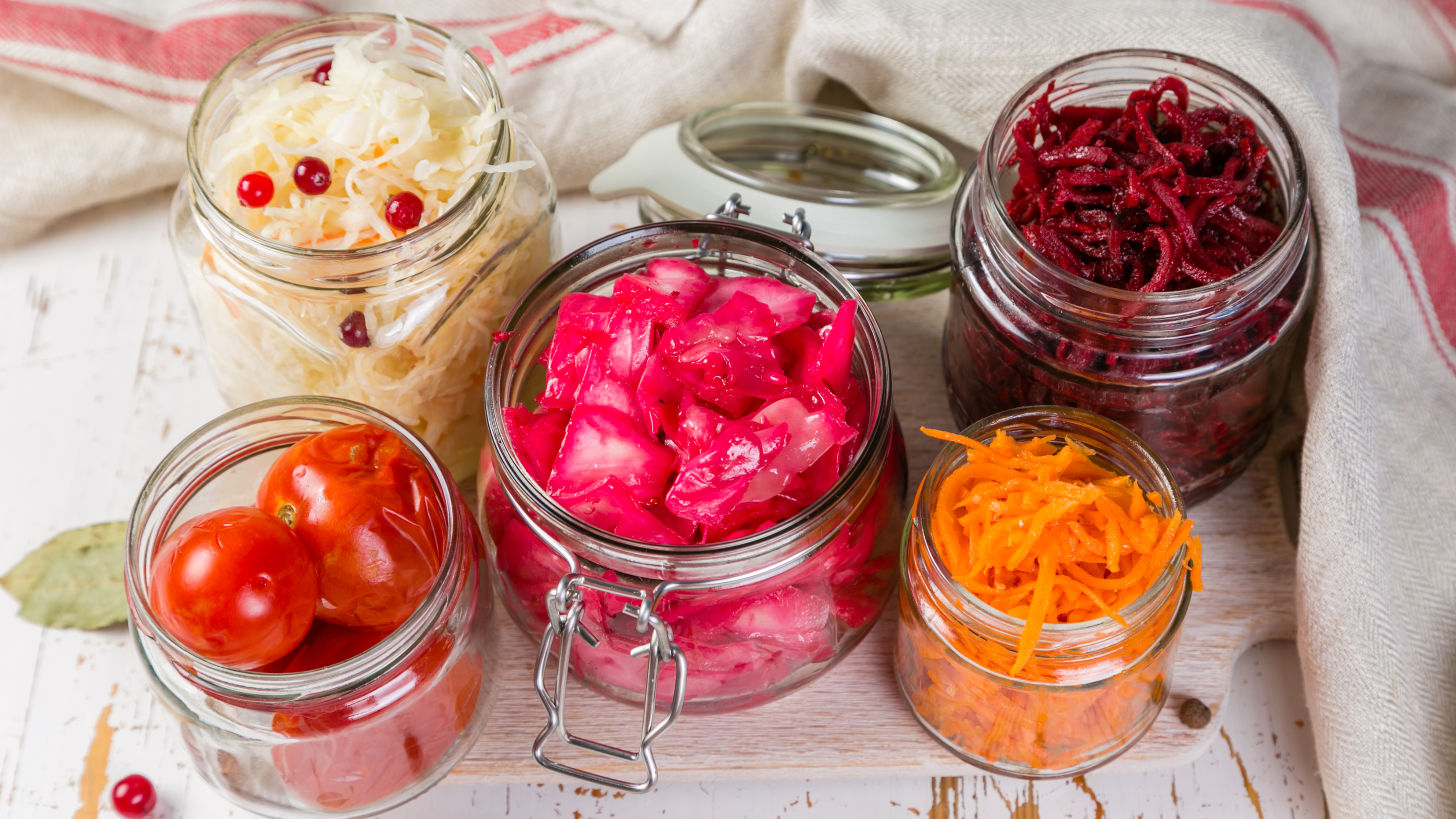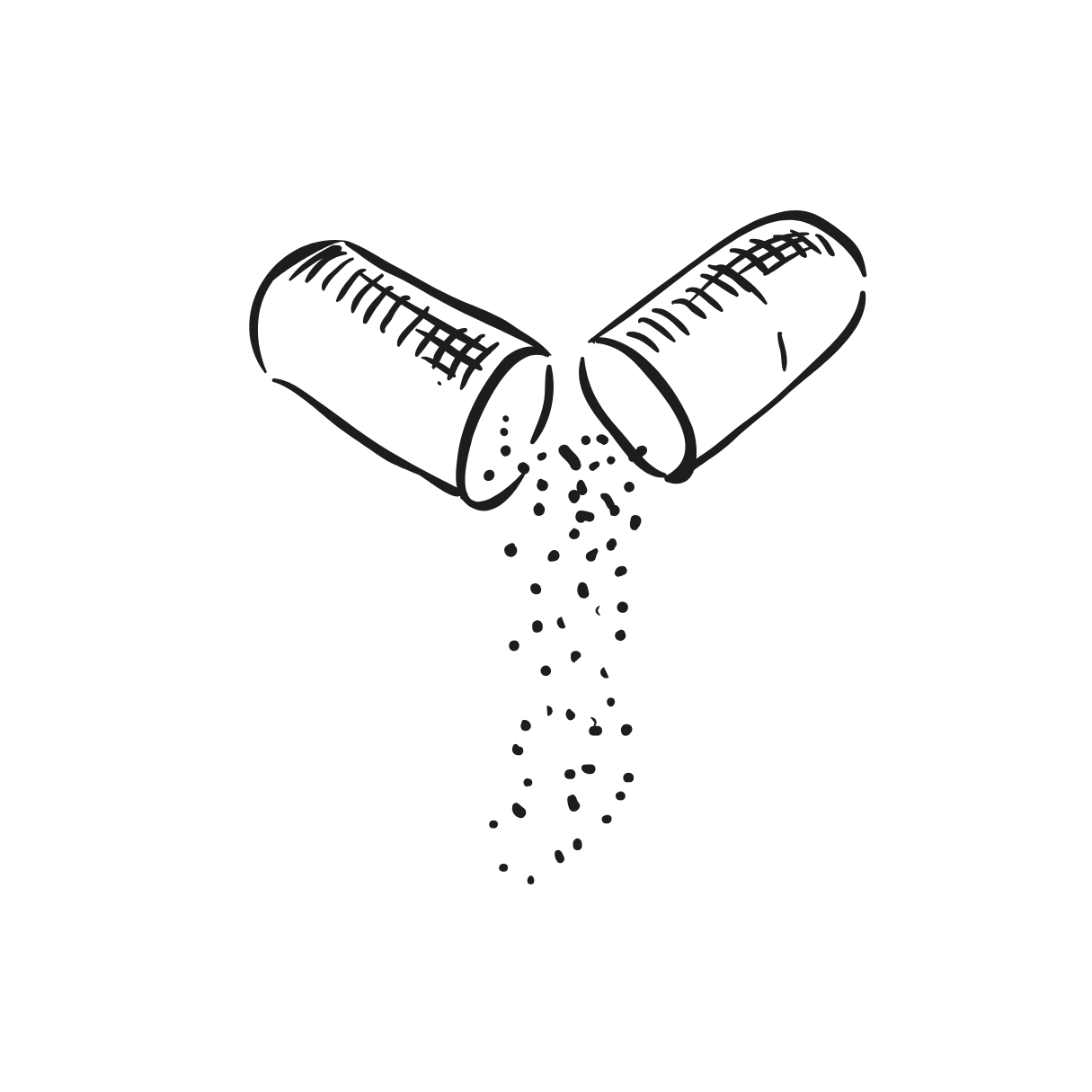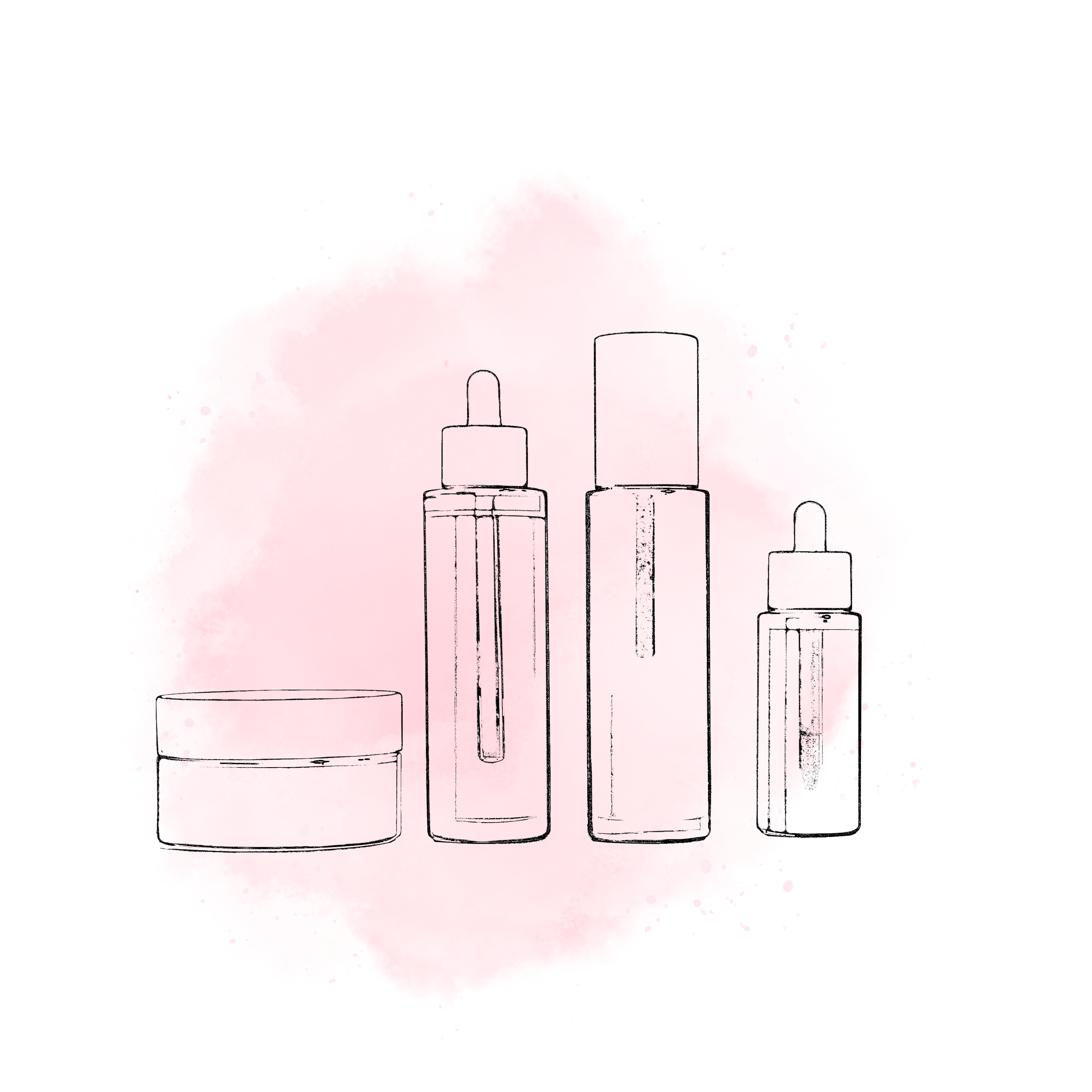Date: 05/08/2025
Are Fermented Ingredients the Next Skincare Superstars?
In the evolving landscape of skincare, one trend is bubbling to the surface with ancient wisdom and cutting-edge science: fermented ingredients. Once reserved for food and beverages like kimchi and kombucha, fermentation is now taking center stage in beauty—transforming simple botanicals into bioavailable powerhouses.

What Is Fermentation in Skincare?
Fermentation is a natural metabolic process where microorganisms (like bacteria or yeast) break down complex compounds into simpler ones. In skincare, this means converting plant actives into smaller, more potent molecules—often making them easier for skin to absorb and tolerate.
Think of it as pre-digesting ingredients for your skin. During fermentation, compounds like sugars, proteins, and polyphenols are broken down into beneficial acids, enzymes, peptides, and antioxidants.

Why Fermented Ingredients Work
- Enhanced Bioavailability: Fermentation breaks down molecules into a smaller size, making actives more easily absorbed by the skin.
- Increased Potency: Many fermented extracts contain more concentrated levels of antioxidants, amino acids, and peptides.
- Skin Microbiome Support: Fermented ingredients often introduce beneficial postbiotics, supporting a healthy skin barrier and microbial balance.
- Improved Tolerability: Complex or reactive compounds often become gentler through fermentation, making them ideal for sensitive skin.
Hero Fermented Ingredients to Know

Bifida Ferment Lysate
Often used in anti-aging formulas for its DNA-repair and barrier-reinforcing abilities.

Galactomyces Ferment Filtrate
A byproduct of sake fermentation—rich in vitamins, amino acids, and enzymes. Known to brighten, hydrate, and refine pores.

Fermented Green Tea, Rice, and Centella
Offer boosted antioxidant protection, hydration, and anti-inflammatory effects.

Bifida Ferment Lysate
Often used in anti-aging formulas for its DNA-repair and barrier-reinforcing abilities.

Clinical Support
Multiple studies suggest fermented skincare ingredients significantly outperform their non-fermented counterparts in terms of antioxidant delivery, skin hydration, and overall efficacy.
A study in Journal of Medicinal Food (2013) demonstrated that fermented soybean extract had stronger anti-aging properties than raw soybean extract due to enhanced isoflavone bioactivity. Another in International Journal of Cosmetic Science (2014) showed that fermented green tea increased skin moisture and elasticity more effectively than non-fermented green tea.
PureNeem’s Approach to Fermentation
At PureNeem, we are exploring the power of fermentation with a commitment to synergy and sensibility. Whether it’s fermented botanicals or probiotic-rich postbiotic compounds, our focus is on integrating these cutting-edge ingredients with Ayurvedic wisdom to support skin that thrives—naturally and intelligently.
As we look to the future, expect to see more fermentation-forward innovation at PureNeem—crafted with precision, and always grounded in integrity.
References
- Graefe, K. V., & Raulin, C. (2002). Efficacy and safety of topical allantoin. Skin Pharmacology and Physiology, 15(2), 68–73.
- Zettersten, E. M., Ghadially, R., Feingold, K. R., & Elias, P. M. (1997). Allantoin enhances barrier repair. Journal of Investigative Dermatology, 109(3), 311–316.
- Lubinski, C., Morrison, L., & Reiger, M. (2001). Clinical applications of allantoin in wound healing. Clinical Dermatology Review, 19(1), 45–51.
- Manuel, D., & Maibach, H. I. (2010). Barrier-enhancing properties of allantoin in xerotic and atopic skin. Dermatologic Therapy, 23(4), 468–472.
- Fowler, J., Woolery-Lloyd, H., Waldorf, H., & Saini, R. (2011). Innovative use of allantoin in dermatologic therapy. Journal of Drugs in Dermatology, 10(5), 572–577.

